What is Decorative Metal Trim Moulding?
Decorative metal trim moulding is an elegant finish that adds a touch of sophistication and charm to any space. Available in various materials such as brass, aluminum, and stainless steel, these mouldings are commonly used in both residential and commercial settings. From doorways to ceilings, decorative metal trim can transform mundane edges and surfaces into stunning focal points.
Types of Decorative Metal Trim Moulding
1. Brass Moulding
Brass is a popular choice due to its rich color and resistance to tarnishing. It often features intricate designs that can complement traditional décor.
2. Aluminum Moulding
Known for its lightweight nature and durability, aluminum trim is ideal for modern and minimalist designs. It is available in various finishes, including brushed and anodized options.
3. Stainless Steel Moulding
Stainless steel is synonymous with modern elegance. It is highly resistant to corrosion, making it suitable for high-traffic areas and outdoor applications.

Benefits of Using Decorative Metal Trim Moulding
- Durability: Metal mouldings are built to last, withstanding wear and tear better than traditional wooden trims.
- Low Maintenance: These trims require minimal upkeep, making them perfect for busy households.
- Versatility: Available in countless designs and finishes, they can suit any interior style, from modern to vintage.
- Enhanced Aesthetics: They add an upscale look to your spaces, potentially increasing property value.
Applications of Decorative Metal Trim Moulding
Decorative metal trim is versatile and can be used in various aspects of interior design. Here are some common applications:
1. Door Frames
Trim around door frames can enhance their appearance, providing a polished look that draws attention.
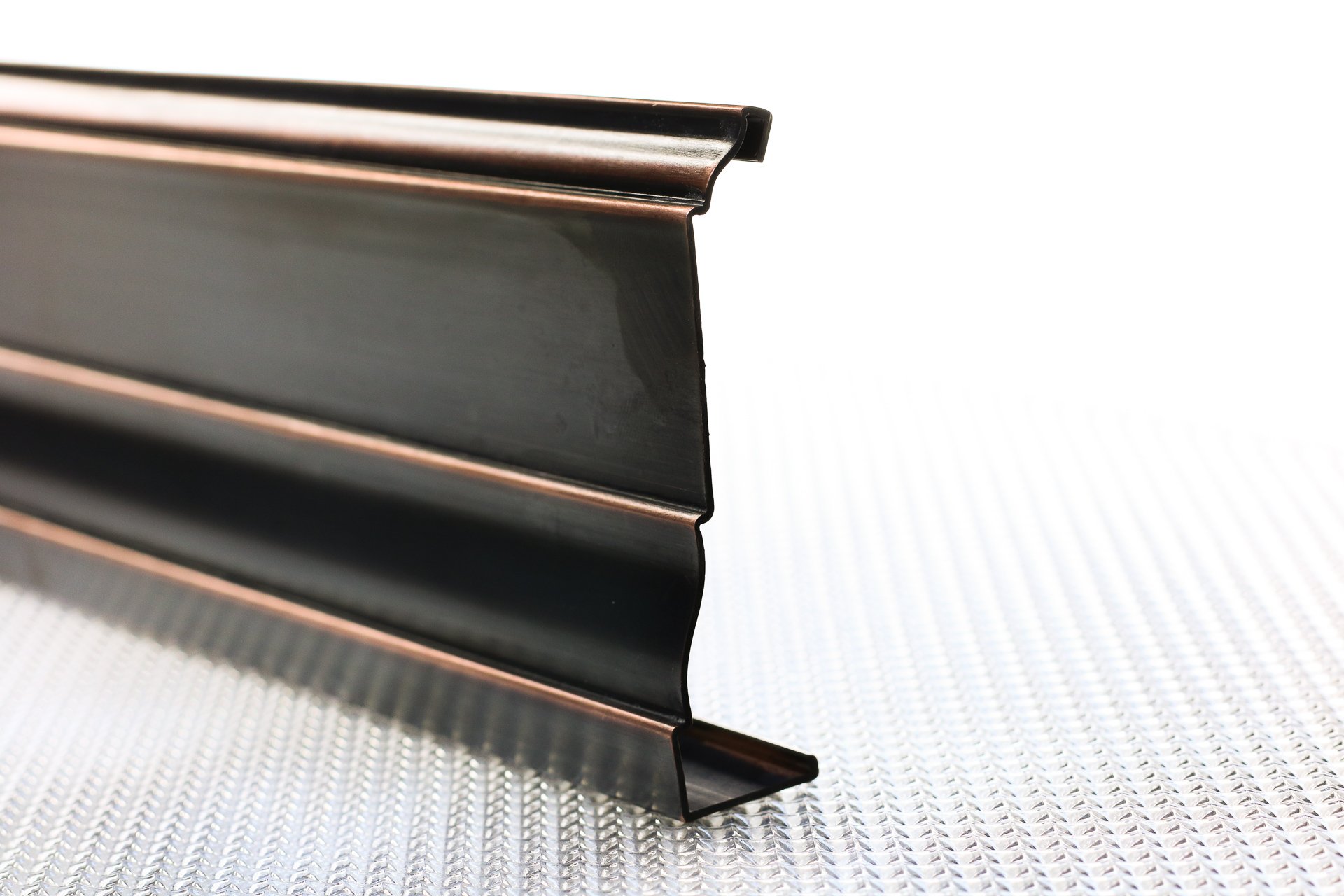
2. Window Frames
Adding metal trim to window frames can create a cohesive design theme throughout your home.
3. Ceilings
Crown moulding made from metal can give ceilings depth and character, especially in high-ceilinged rooms.
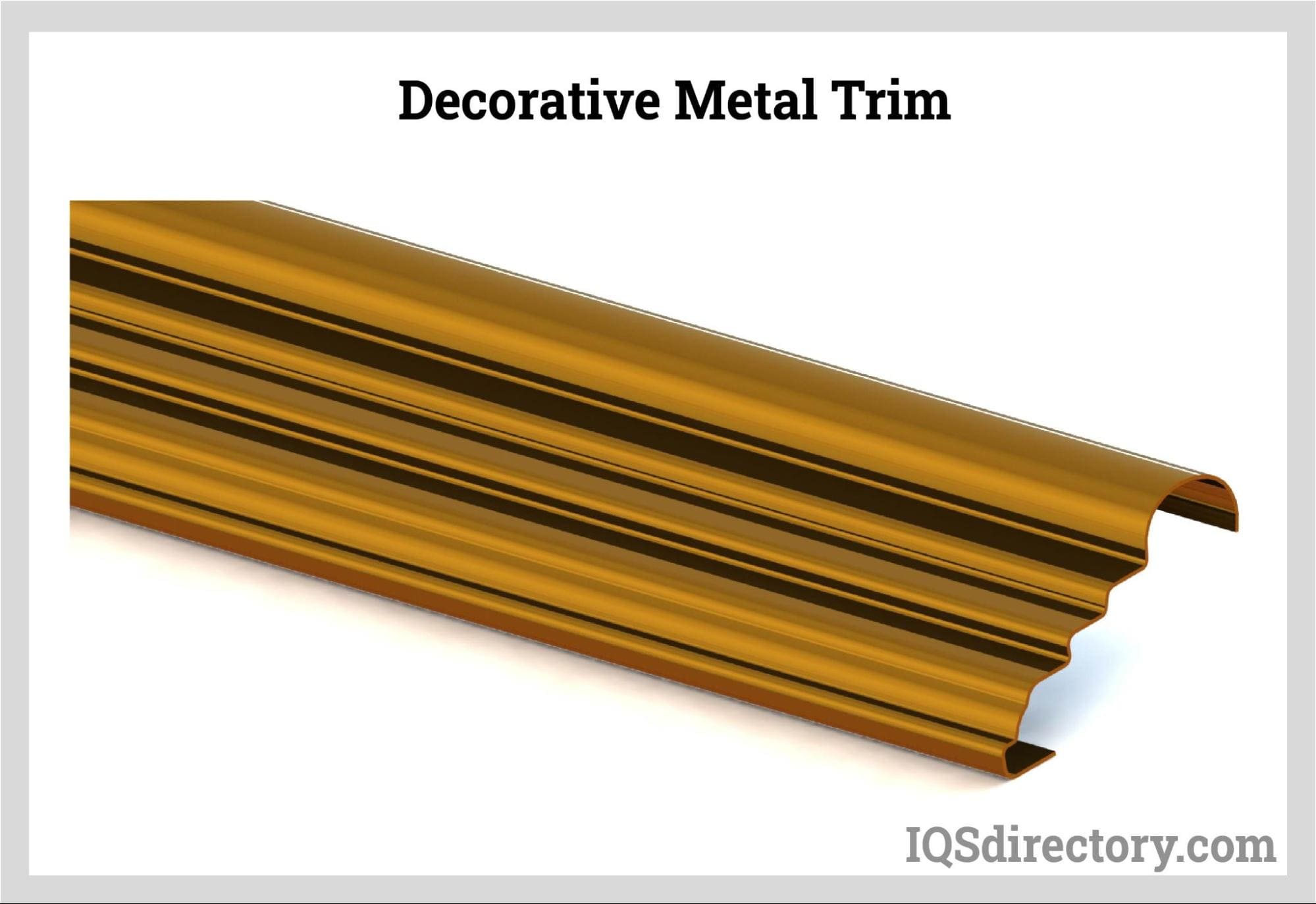
4. Baseboards
Metal baseboards can provide a striking visual contrast against walls and floors, enhancing the overall room design.
Choosing the Right Decorative Metal Trim Moulding
When selecting the right decorative metal trim for your space, consider the following factors:
1. Material
Choose a material that aligns with your interior style and is suitable for the intended application.
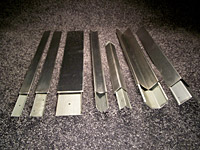
2. Finish
The finish plays a vital role in the overall aesthetic. Options range from polished to matte or antiqued finishes.
3. Design
Consider the design intricacies. Some designs may lend themselves better to specific styles, so ensure they complement your existing decor.
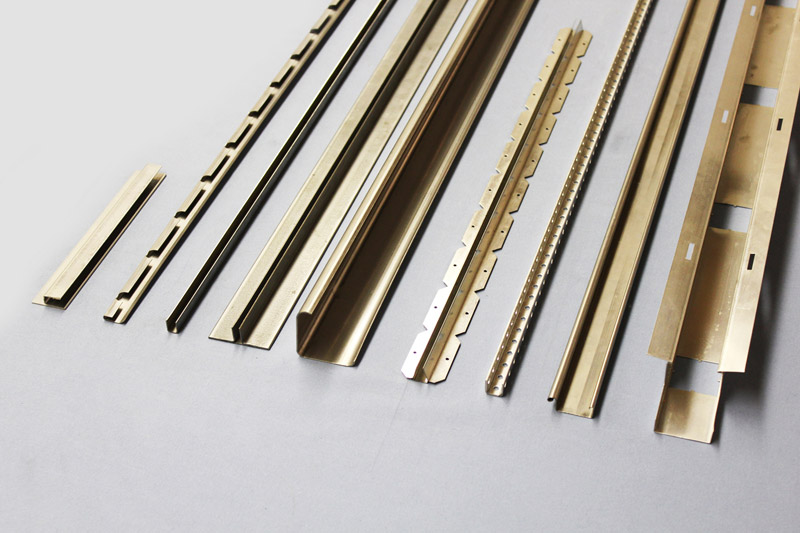
Installation of Decorative Metal Trim Moulding
Installing decorative metal trim moulding can be a DIY project or done by professionals. Here’s a brief overview of the installation process:
1. Measure and Plan
Carefully measure the areas where the moulding will be installed. Make a detailed plan to avoid errors.
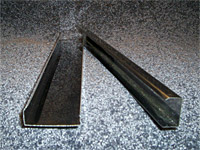
2. Cut the Moulding
Using appropriate tools, cut the moulding to size. Ensure accurate cuts for a seamless fit.
3. Attach the Moulding
Use strong adhesives or screws to secure the moulding in place. Ensure a tight fit to prevent gaps.
4. Finishing Touches
Once installed, apply any necessary finishing touches, such as paint or sealant, to enhance durability.
Pros and Cons of Decorative Metal Trim Moulding
Pros
- Long-lasting and durable
- Enhances the aesthetic appeal of a space
- Low maintenance and easy to clean
- Available in multiple finishes and styles
Cons
- Can be more expensive than other materials
- May require professional installation for complex designs
- Can get hot to the touch in direct sunlight (depending on the material)
Comparison of Decorative Metal Trim Moulding
| Type of Moulding | Material | Durability | Price Range | Ideal Use |
|---|---|---|---|---|
| Brass Moulding | Brass | High | $$$ | Traditional Spaces |
| Aluminum Moulding | Aluminum | Medium | $$ | Modern Spaces |
| Stainless Steel Moulding | Stainless Steel | Very High | $$$$ | High-traffic Areas |
Frequently Asked Questions (FAQs)
What is the best material for decorative metal trim moulding?
The best material depends on your specific needs and aesthetic preference. Brass offers a classic look, while stainless steel is ideal for modern settings.
Can I install decorative metal trim moulding myself?
Yes, many homeowners opt for a DIY installation. However, for complex designs or professional finishes, hiring an expert may be beneficial.
How do I maintain decorative metal trim moulding?
Regular dusting and occasional cleaning with mild soap and water are typically sufficient. For tarnish on brass, specific cleaners can restore shine.
Is decorative metal trim moulding expensive?
Prices vary based on material and design complexity, but metal trims generally fall into a higher price range than traditional wood trims.
Can decorative metal trim moulding be painted?
Yes, but it is essential to use the right primer and paint suitable for metal surfaces to ensure a lasting finish.
Conclusion
Decorative metal trim moulding is a fantastic way to elevate the aesthetic appeal of your home. With a variety of materials and designs to choose from, you can easily find the perfect trim to complement your existing décor. While installation can be a DIY project, considering the intricacies of the design may lead you to consult professionals for a flawless finish. Whether you choose brass for a classic look or stainless steel for a contemporary vibe, metal moulding is sure to bring a touch of elegance that enhances your space for years to come.